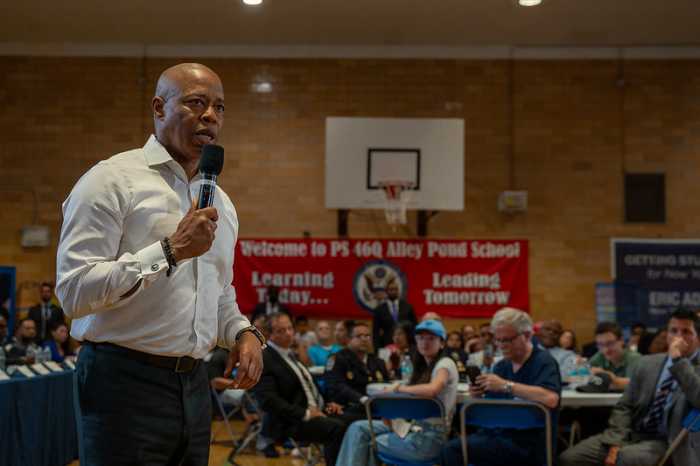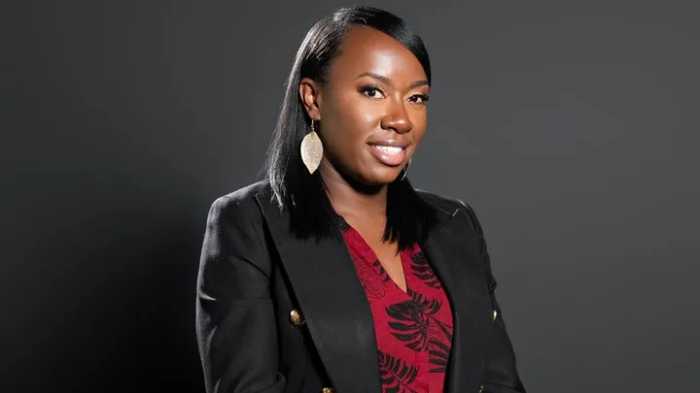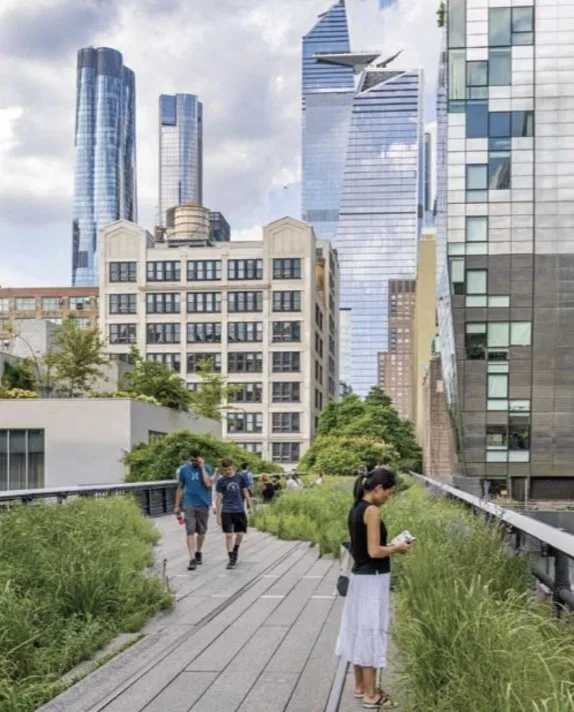By Juan soto
Last year José, a longtime Woodside resident, stood before an immigration court in Manhattan.
Wearing an orange jumpsuit, the 57-year-old Dominican father was facing deportation because of a minor drug offense committed 27 years earlier.
He ended up in the Varick Street courtroom in Lower Manhattan after being arrested because of an alleged altercation with his landlord. He was cleared of all charges in criminal court, but was immediately taken into custody by federal authorities.
“When the judge let me go, that case from 27 years ago came up,” said José, a permanent resident since 1984, who asked that his last name not be published. “I ended up in an immigration detention center,” he added in Spanish.
José was one of the first individuals who benefited from a public defender program for indigent immigrants. With the help of his lawyer, he was able to remain in the country. His case is now closed.
Known as the New York Immigrant Family Unity Project, the initiative has provided legal representation to about 190 clients so far. The pilot program has been in operation since November, but its $500,000 initial budget, financed by the city, ran out last month.
To keep on assisting people like José, the project’s proponents are asking for $5.3 million in public funding to provide free legal services for more than 1,600 poor immigrants facing deportation every year in the New York City area.
Advocates of the plan, however, would settle for a little under $3 million, as it appears in the proposed City Council budget. This amount is sufficient to provide legal counsel to 900 defendants at the Varick Street court every year.
Councilman Daniel Dromm (D-Jackson Heights), one of the first supporters of the program, said the Council will allocate $500,000 at minimum to keep the program rolling, at least partially.
“I can’t say what is going to happen, but this is a top priority,” he said. “The budget has to have at least $500,000 for this.”
The organizations that came together to start the pilot program included the Vera Institute of Justice, Cardozo School of Law, Make the Road, the Center for Popular Democracy, Northern Manhattan Coalition for Immigrant Rights, Bronx Defenders and Brooklyn Defenders Services.
Ruben Loyo, from the Brooklyn Defenders Services, is José’s lawyer. Fortunately, Loyo was with the Woodside neighbor basically since Day One of his deportation proceedings.
“The existence of counsel is crucial,” he said. “When you don’t have support, it’s very difficult to put on your defense. This program allows us to address theses injustices.”
So far, 27 percent of the clients of the New York Immigrant Family Unity Project have been released from detention, compared to only 5 percent of the detainees who face the court hearings without legal representation.
Although most of the cases are still pending, at least seven defendants, including José, have won their cases and remain in the United States.
This pilot program was a result of the findings of a two-year study led by Judge Robert Katzmann, of the Second Circuit Court of Appeals. The report found that 60 percent of immigrants detained had no counsel during their court proceedings.
“If people can’t afford an attorney, they face deportation alone,” said Andrea Saenz, a clinical teaching fellow at the Benjamin Cardozo School of Law. “That’s just not fair. We have to prevent unnecessary deportations.”
Daniel Coates, from Make the Road, a Jackson Heights-based group that works with immigrants, said the New York Immigrant Family Unity Program has been a success.
“The program has proven itself very useful,” he said. Coates pointed out that lawyers were able to cut the amount of time that foreign-born New Yorkers are held in detention.
He hopes the city will continue funding for the initiative.
“This is an investment that it sense and it shows what the city government is for,” he said.
The Dominican native said the New York Immigrant Family Unity Project “is a light at the end of the tunnel” for poor immigrants like himself. He was one of the first clients of the pilot program. His mother, brothers, sons and grandchildren are all American citizens.
“All my family is here, I was losing hope,” José said. “This project gave me my life back.”
Reach reporter Juan Soto at (718) 260-4564 or by e-mail at jsoto@cnglocal.com.





































